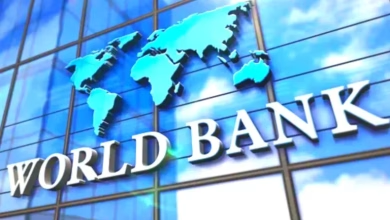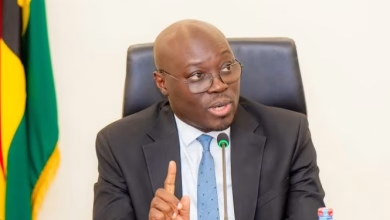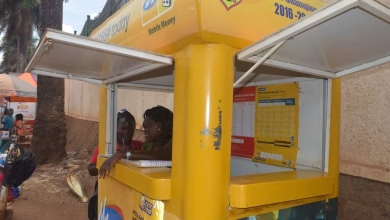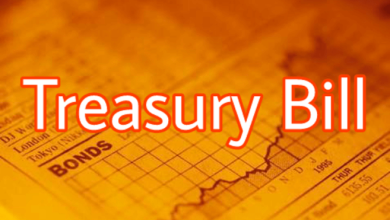Ghana Needs Green Finance Reforms For Sustainable Development: Professor Abor

- Abor is calling for a major overhaul
- Parliament recently passed the Emissions Levy Act
- These markets provide carbon finance
Professor Joshua Yindenaba Abor, a leading financial economist, is calling for a major overhaul of how development finance is structured in Ghana and Africa. His proposals aim to promote inclusive green growth and financial stability.
Carbon Taxes and Resource Management
In his inaugural lecture at the Ghana Academy of Arts and Sciences, Professor Abor emphasized the importance of carbon taxes and efficient resource management for achieving sustainable development. He urged African governments to strengthen their fiscal positions through better domestic resource mobilization.
Carbon Tax: A Tool for Climate Action
Professor Abor proposes a carbon tax as a key tool to raise funds for climate action while discouraging activities that release high levels of carbon. This tax would create a financial incentive for businesses and individuals to reduce their carbon footprint and invest in cleaner technologies.
Carbon Taxes and Global Solutions
Carbon taxes have gained traction worldwide as a way to address climate change and support broader sustainability goals like the UN Sustainable Development Goals (SDGs). By putting a price on carbon emissions, countries can encourage a shift towards cleaner energy sources and reduce greenhouse gas emissions, particularly carbon dioxide (CO2).
Ghana’s Existing Efforts
Ghana’s Parliament recently passed the Emissions Levy Act (2023) to raise revenue for green initiatives. However, Professor Abor argues for a more comprehensive approach.
Resource Management and Investment
Professor Abor stresses the importance of managing natural resources efficiently, particularly in developing countries. He argues that revenue generated from these resources should be invested in fostering inclusive growth and sustainable development. He highlights a disconnect between resource extraction and broader economic development in many resource-rich nations.
Reviewing Investment Agreements
To address this disconnect, Professor Abor calls for a reassessment of investment and stability agreements surrounding natural resources. African countries should ensure these agreements promote financial development that benefits all citizens.
The Role of Development Finance Institutions (DFIs)
Professor Abor emphasizes the critical role that DFIs can play in attracting private sector investment in climate action and sustainable development. These institutions can provide essential financial tools and support for building a more sustainable economy.
Voluntary Carbon Markets
Professor Abor also highlights the potential of voluntary and compliant carbon markets. These markets provide carbon finance through tools like carbon emission trading, allowing for debt-free financing of critical initiatives like forest restoration and the phase-out of coal power.
Global Financial Reform
Finally, the lecture calls for reforming the global financial architecture, particularly regarding Special Drawing Rights (SDRs) allocated by the International Monetary Fund (IMF). Professor Abor suggests reviewing IMF programs and ensuring a fair allocation of SDRs to support sustainable development efforts in Africa.
Professor Abor’s lecture offers a compelling roadmap for Ghana and Africa to achieve sustainable development through innovative financial reforms and a commitment to environmental responsibility.






